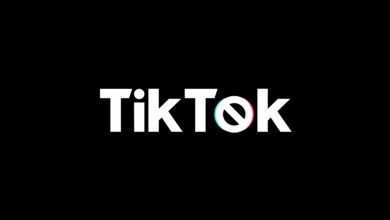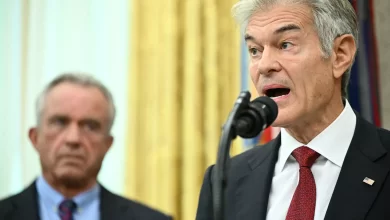Trump Pushes New Spending Demands as Government Shutdown Looms, House GOP in Disarray
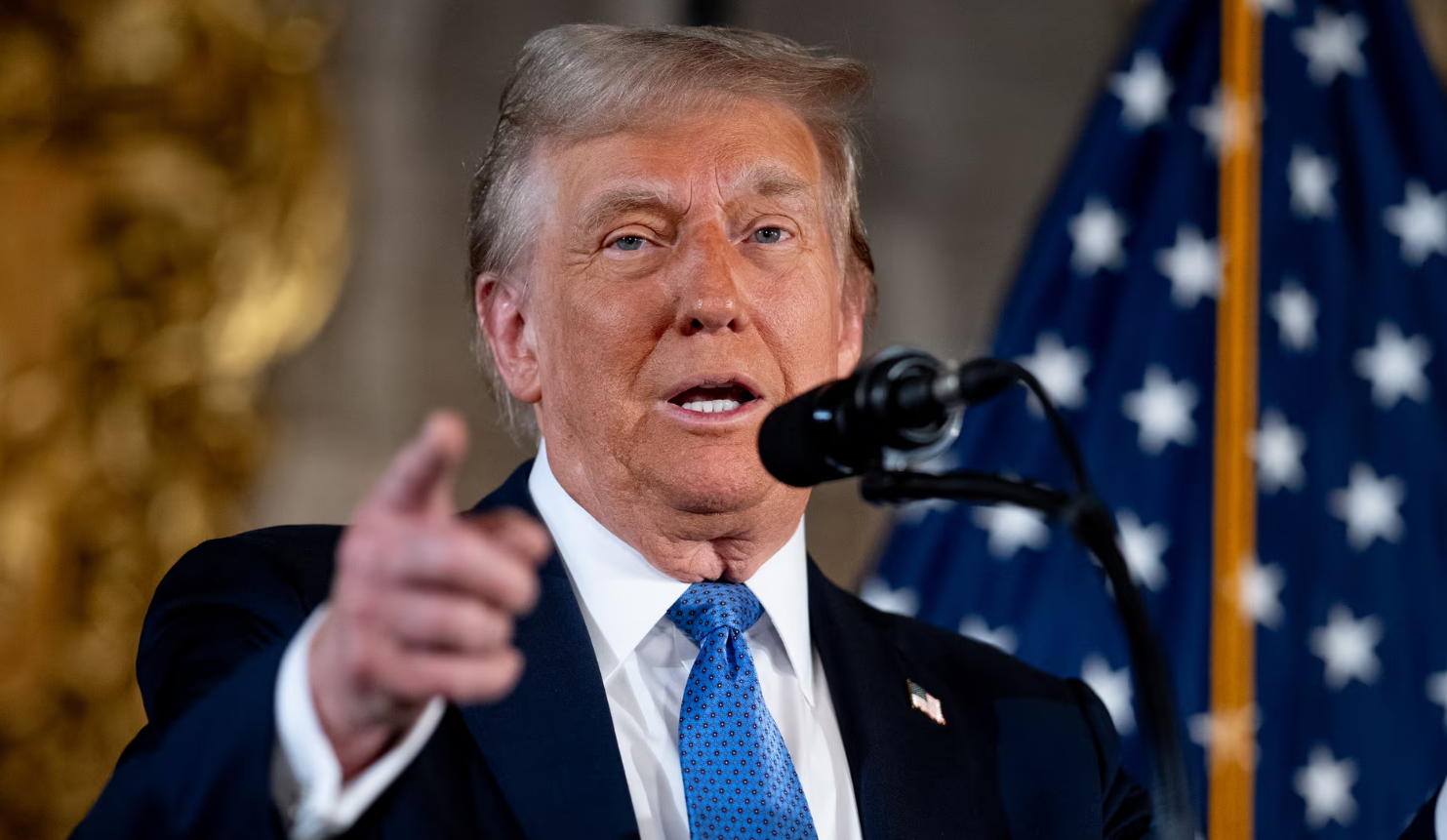
WASHINGTON (WE) — With just over 36 hours remaining before a federal government shutdown, Speaker Mike Johnson and House Republican leaders are scrambling to devise a strategy to prevent a crisis. Compounding the chaos, President-elect Donald Trump and billionaire Elon Musk have rallied conservative opposition to a bipartisan funding agreement, throwing negotiations into disarray.
Despite the looming deadline that threatens to shutter large sections of the federal government and furlough thousands of workers, House Republicans appear directionless, with no clear path forward. They’ve avoided engaging with Democrats—whose votes they need to pass any legislation—and are instead locked in internal discussions.
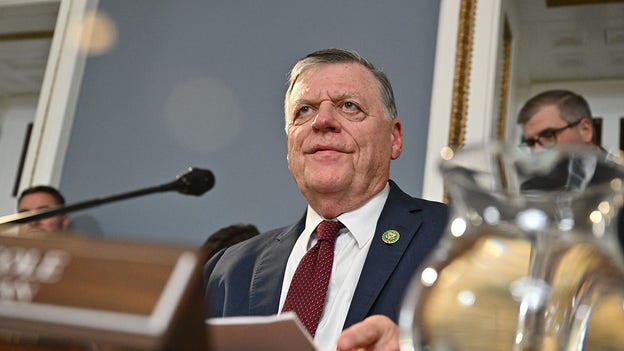
“We don’t know anything yet,” Rep. Dusty Johnson, R-S.D., a close ally of the Speaker, admitted as he entered Johnson’s office Thursday. Rep. Tom Cole, R-Okla., who chairs the Appropriations Committee, acknowledged that even the contours of a potential plan remain uncertain.
“I don’t have an expectation,” Cole told reporters when asked about the possibility of a pared-down bill to extend current funding and include disaster relief.
Trump Adds Fuel to the Fire
The situation became more fraught on Wednesday when Trump publicly denounced the bipartisan funding deal that Johnson had helped negotiate. He demanded that Republicans include a provision to extend the debt ceiling months ahead of its anticipated deadline to prevent a catastrophic default. The extraordinary demand came just two days before the shutdown deadline.
By Thursday morning, Trump went further, telling NBC News that Congress should abolish the debt ceiling altogether. “Some Democrats have wanted to do this for years,” Trump said in a phone interview, “and I’ll lead the charge on that effort.”
Trump’s late-stage intervention has left GOP leaders scrambling to balance competing demands from within their caucus and the broader electorate. His alignment with Musk, who has publicly opposed the bipartisan compromise, has only heightened tensions. According to Trump, Musk consulted with him before issuing statements to derail the agreement.
Bipartisan Deal in Jeopardy
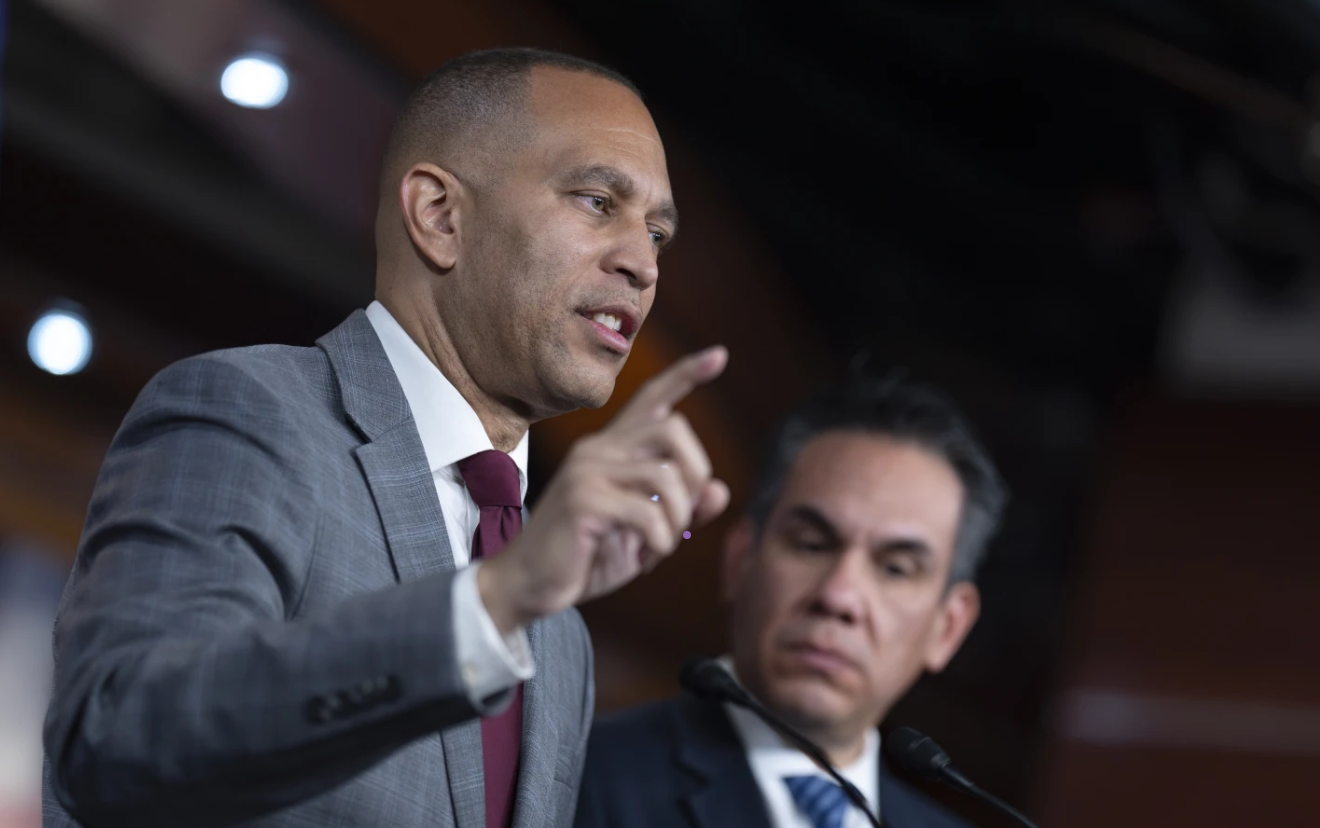
The bipartisan deal, which had been seen as a viable solution to keep the government funded through March 14, now hangs by a thread. Minority Leader Hakeem Jeffries, D-N.Y., reaffirmed Democratic support for the agreement, emphasizing that it was negotiated in good faith with Republicans.
“We are prepared to move forward with the bipartisan agreement that meets the needs of the American people,” Jeffries said during a press conference Thursday. However, he did not rule out supporting a slimmed-down package that included provisions for a farm bill and disaster relief.
Jeffries also criticized Republican leadership for reneging on the deal, calling it a “reckless Republican shutdown” that would harm everyday Americans. “We are fighting for everyday Americans, not for millionaires and billionaires,” he said.
Musk’s Influence Under Scrutiny
Democrats have been quick to highlight the influence of Musk, accusing the tech billionaire of driving the GOP’s decision-making. Rep. Rosa DeLauro, D-Conn., blasted Speaker Johnson for abandoning the deal, saying, “There was a good agreement in place, but for President Musk.”
Asked if Musk was now effectively calling the shots for Republicans, DeLauro replied, “It’d appear to me.”
Rep. Robert Garcia, D-Calif., took aim at both Trump and Musk, accusing them of pushing policies that would benefit the wealthy at the expense of middle-class Americans. “Trump wants to get rid of the debt ceiling because he wants to pass huge tax cuts to enrich his friends, including Elon Musk and his companies,” Garcia said.
Read More:
https://theworldseye.com/what-to-know-about-tax-years-2024-and-2025/
https://theworldseye.com/top-christmas-travel-ideas-unforgettable-family-trips/
Republican Infighting Deepens
Inside the GOP, divisions are growing. Some Republicans sympathize with Johnson’s predicament, describing the Speaker as trapped between Trump’s demands and the practical realities of governing.
Rep. Troy Nehls, R-Texas, said Johnson is in a tough position. “I feel for him,” Nehls said, adding that the Speaker is facing “unrealistic expectations” from various factions within the party.
Meanwhile, Senate Republicans are adopting a wait-and-see approach. Sen. John Barrasso, R-Wyo., incoming majority whip, acknowledged the uncertainty. “We’re waiting to see what the House leadership can pass in their chamber,” he said.
Trust Issues Emerge
The GOP’s backtracking on the bipartisan agreement has drawn sharp criticism from Democrats and even some Republicans, who warn it could undermine future negotiations.
“There’s a huge trust issue now,” Garcia said, adding that Democrats are hesitant to engage further on Trump’s debt ceiling demands. “We can have a discussion about the debt ceiling separately,” he said, dismissing the notion of addressing it in the current funding bill.
What’s Next?
As the shutdown deadline approaches, the clock is ticking for Congress to find a solution. The stakes are high, with federal employees and essential services at risk of disruption.
But with House Republicans divided and leadership credibility eroding, the path forward remains uncertain. Even Jeffries admitted to being in the dark about who is driving negotiations among Republicans, calling it a “great question.”
For now, the future of the bipartisan deal—and the government—hangs in the balance, with Trump and Musk looming large over the unfolding drama.
